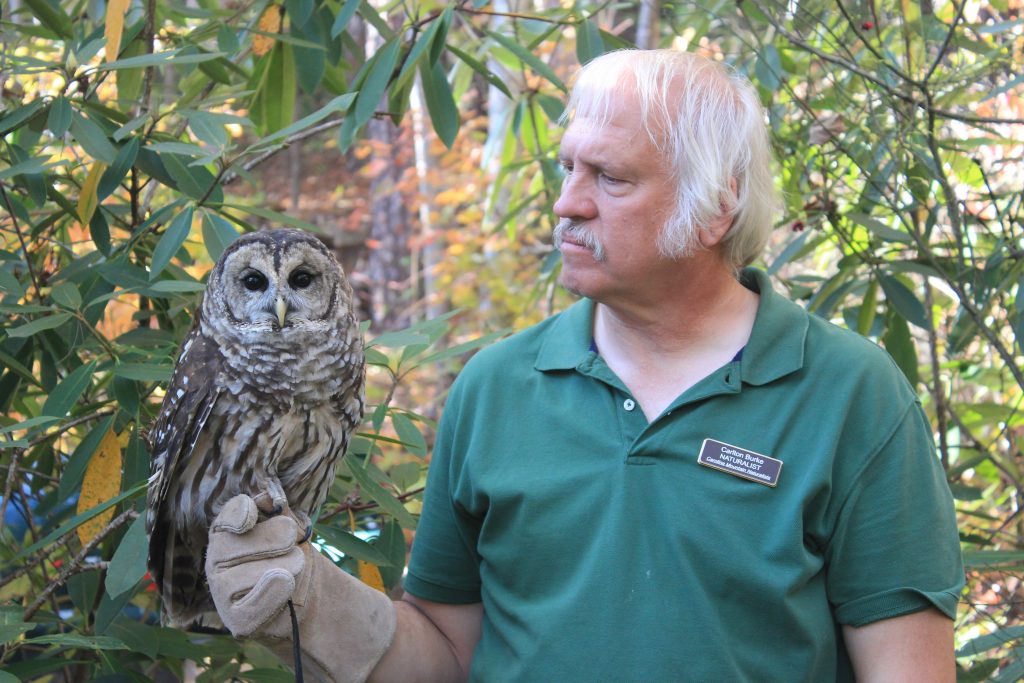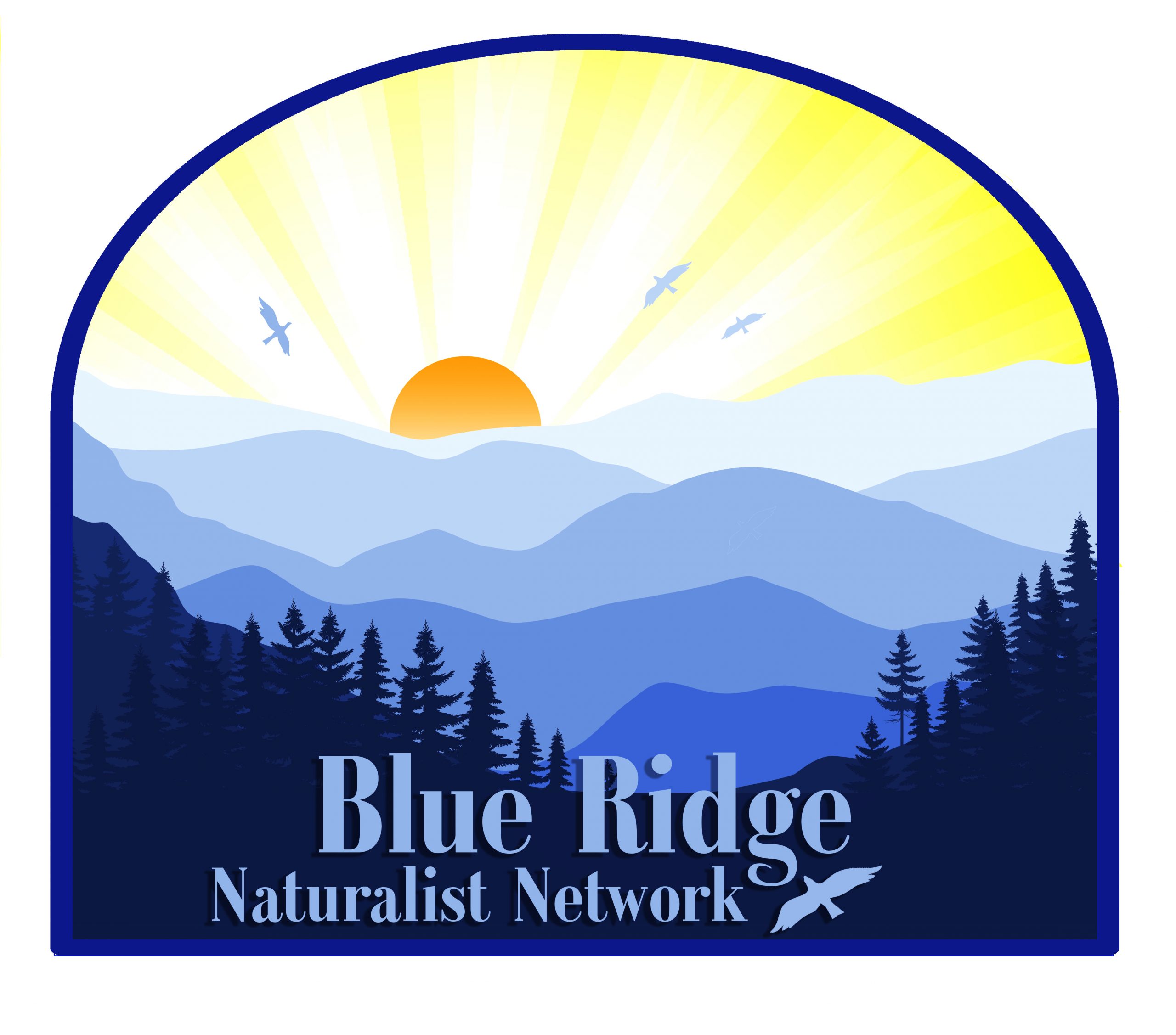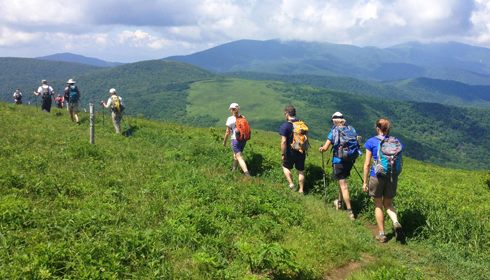What is Wildlife Rehabilitation? An Introduction to Helping Injured and Orphaned Wildlife.
This Zoom event was on Tuesday, April 13, 2021

Carlton began his presentation by explaining that for both injured and orphaned wildlife, the main goal is to hopefully get the wild animal back to nature. He stated that an educator/rehabilitator needs to abide by legal requirements: State Fish and Game agency permits and Federal permits – if working with Migratory birds and includes song birds and birds of prey, Around 50% are released back in the wild – depending on what is the best situation for the animal.
Some man-made dangers for wildlife include: Highways (biggest damage), Power lines, Glass windows, Barbed-wire fences, Wind generator towers, Netting, Domestic pets, Homes and Buildings, Firearms and other building tools, Pesticides, and other poisons. Green power may be detrimental to animals. Most of the above are repeat dangers.
Assessing the situation – “Does it really help?” Here are a few examples:
- Young hawk on the ground – Is it near people, any parent bird seen?; Are people able to approach? Does the animal need help? (in nature, the parents are usually close by). Bird may be just learning to find food and be on its own.
- Bird on the ground, could jump and run, looks like it is starving – brought in for rehabilitation and food for several months and then let go.
- Young hawk on ground – no parent birds are seen – Bird looks healthy under observation. Left alone and bird did OK.
- Owl tangled in a barbed-wire fence – it takes refuge in a shed and is still alive. Rehabilitator able to untangle feathers, but owl could not go back into the wild. Owl is now used for educational purposes.
- Additional situations about Box Turtles and Possums given.
- Most animals prefer going back to the spot where they were found.
If you find an injured animal:
Contact: Appalachian Wildlife Refuge
wildlife@appalachianwild.org
828-633-6364 (Leave a message)
Carlton Burke is an interpretive naturalist, educator and licensed wildlife rehabilitator in western North Carolina. He spent more than 25 years on staff at the Western North Carolina Nature Center in Asheville, NC and currently operates an educational service titled “Carolina Mountain Naturalists”. Carlton works with both children and adults presenting many varied nature programs for various organizations and also teaches many classes for the Blue Ridge Naturalist Program at the NC Arboretum







33 comments